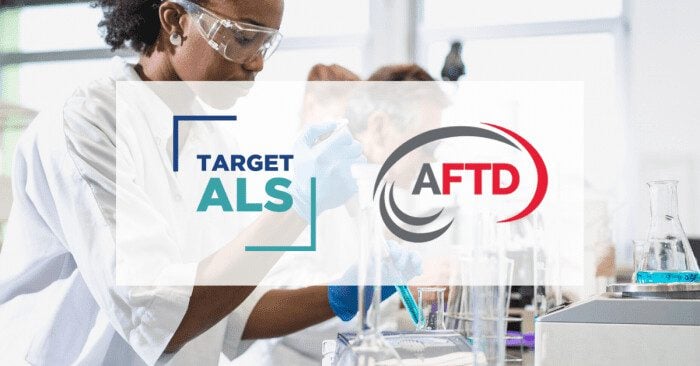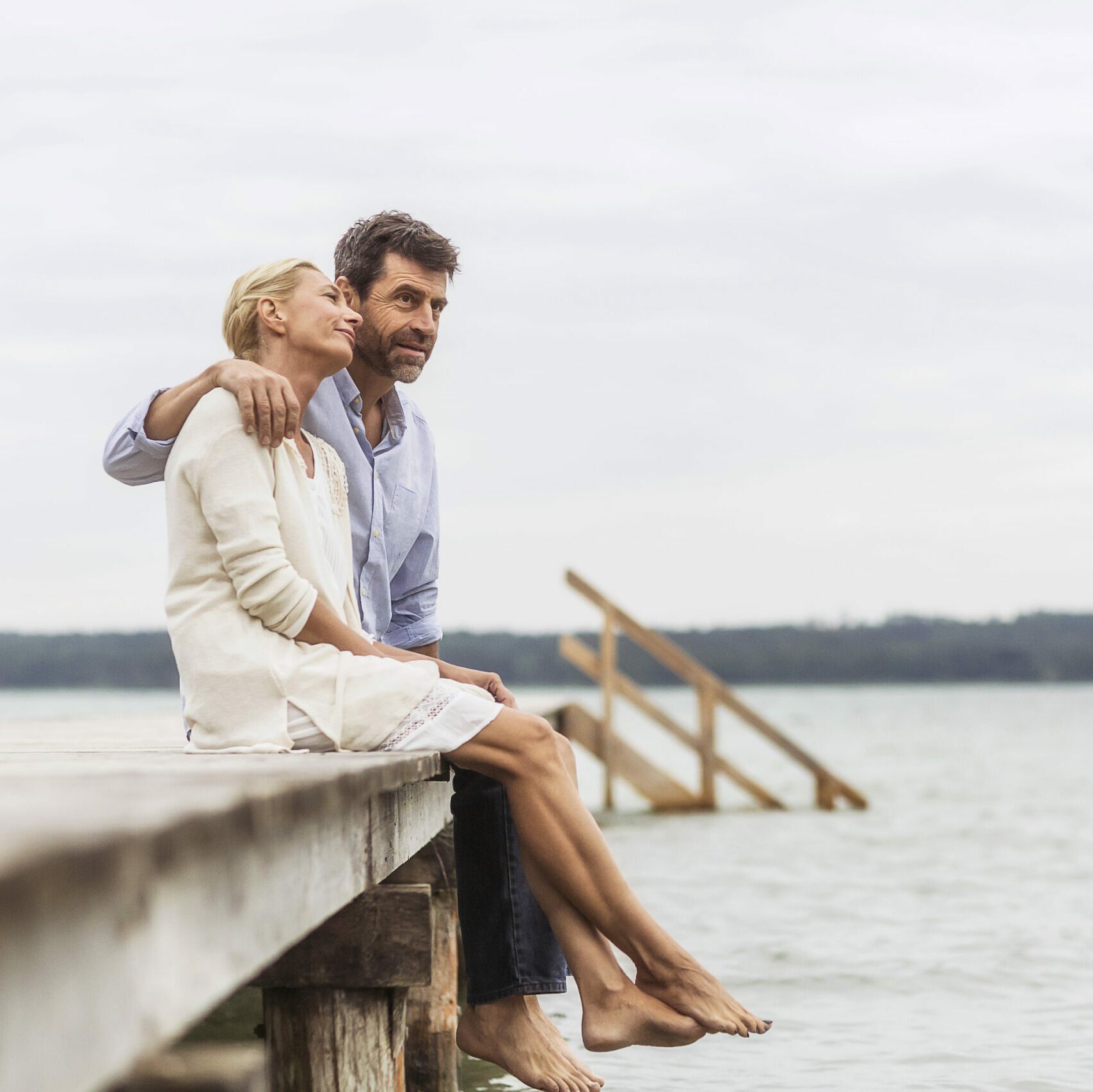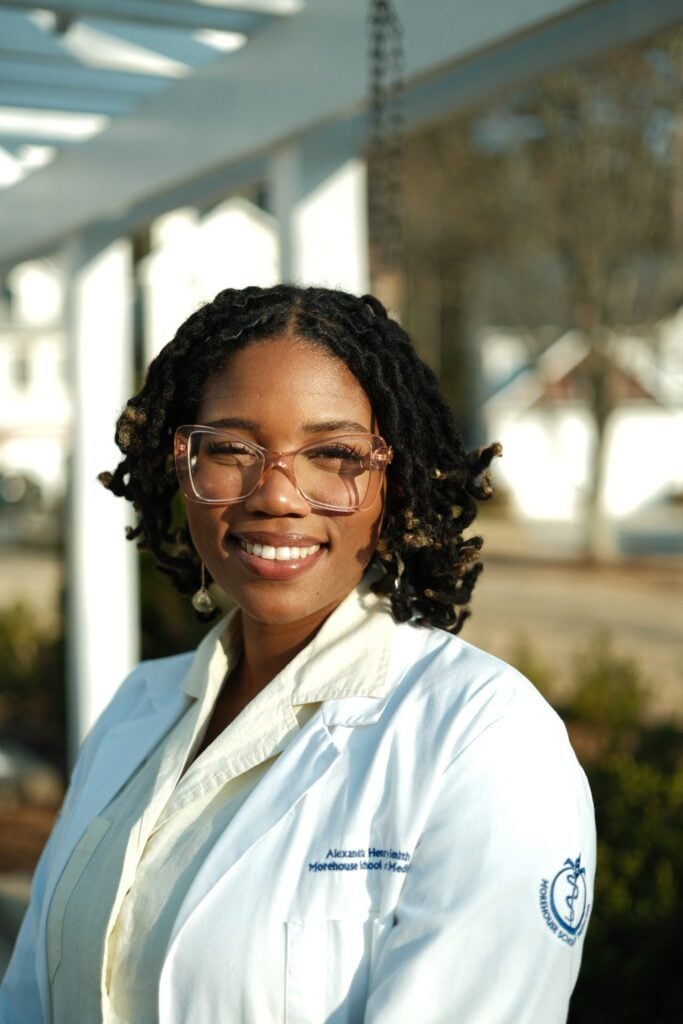
March is a time to celebrate women in science—those who challenge norms, innovate, and push the boundaries of human knowledge. Alexandria Awai, a Ph.D. candidate at Morehouse School of Medicine in Atlanta, embodies this pioneering spirit. Her journey into the world of neuroscience and bioinformatics is not just a testament to perseverance but also a reflection of the importance of diversity and representation in research.
A Personal Connection to ALS
Awai’s path into research wasn’t linear. She initially considered dentistry, but life had other plans. While working in a neuroscience lab studying ischemic stroke, her grandfather was diagnosed with ALS. The helplessness she felt during that time fueled her passion to make a difference. She began researching ALS independently, exploring environmental factors such as metalloid toxicity and their potential impact on the disease. This personal connection transformed her academic focus, ultimately leading her to ALS research.
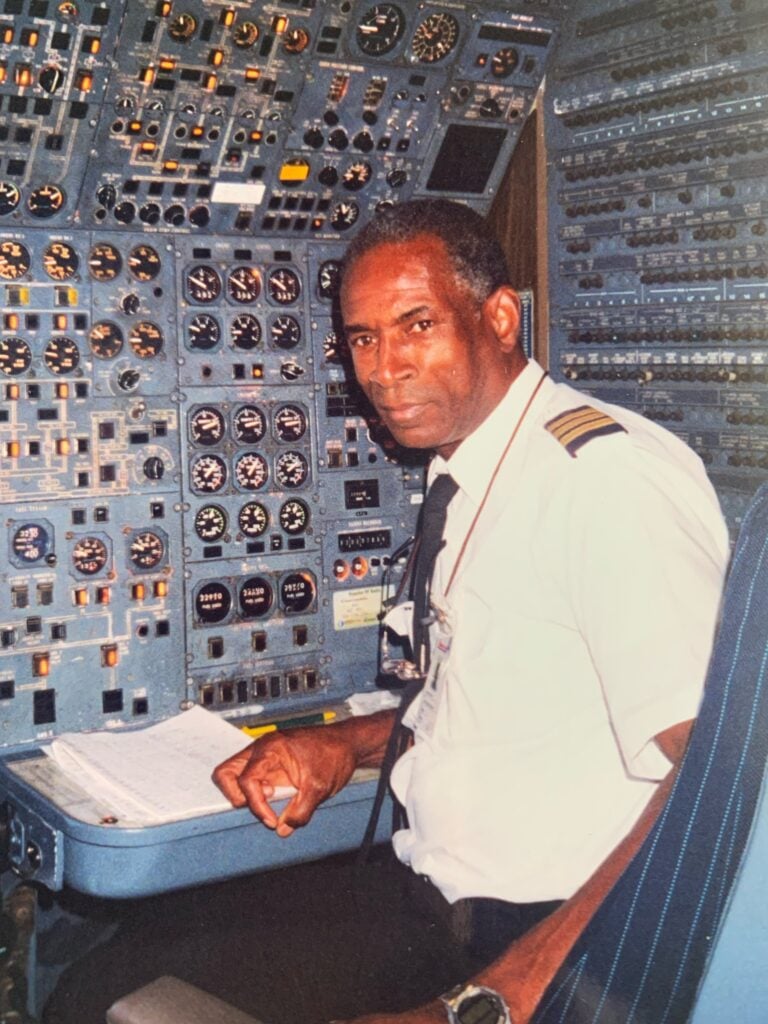
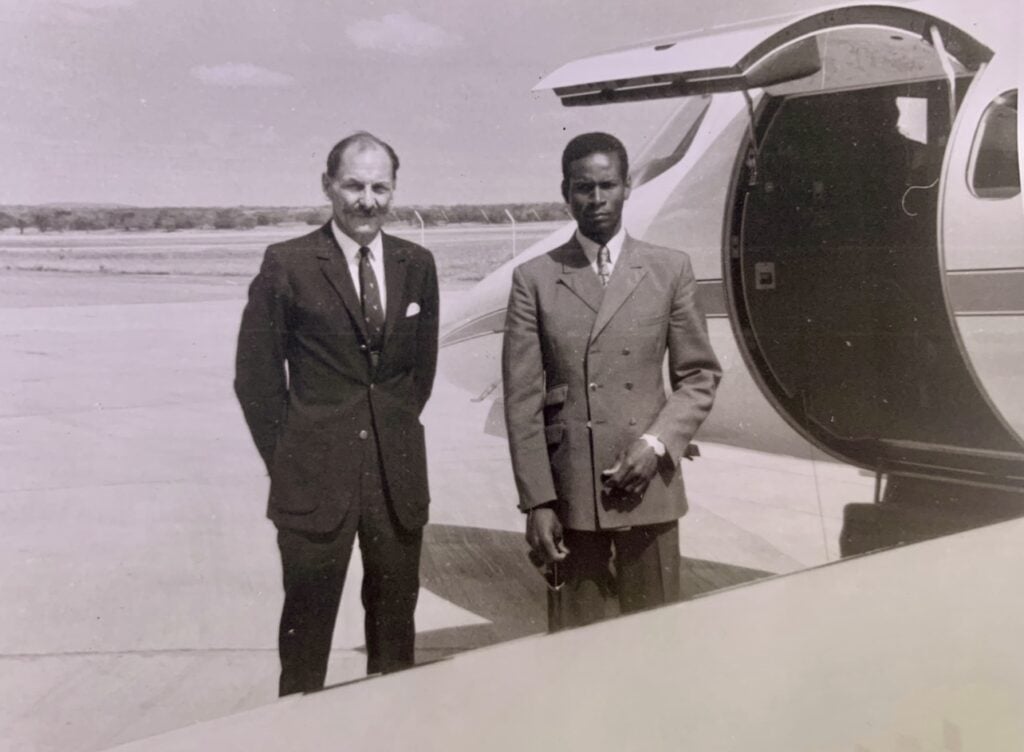
Alexandria Awai’s grandfather, Leandro Henry was born in Aruba, the eldest son of ten children. He joined the British Air Force and later became a pilot engineer, a major feat for anyone, especially a black man at that time.
Overcoming Challenges in Academia
Despite her passion, Awai faced significant obstacles. Her initial research environment lacked the support she needed and she struggled to gain traction in the lab. After years of roadblocks, she considered giving up altogether. Instead, she made the difficult decision to leave, find a new mentor, and start again, pushing forward against the odds.
Her new advisor, Dr. James Lillard, provided exactly what she needed—a champion for her ideas. He encouraged her to seek out expertise beyond the university, giving her the confidence to build collaborations that would shape her future research. Through these connections, she was introduced to key figures in ALS research, who not only supported her ideas but helped her find her place in the scientific community. This journey propelled her research forward and, through Dr. Peter MacLeish, founder of MSM’s Department of Neurobiology, Awai was introduced to Target ALS through board member Zach Hall, connecting her to the Target ALS Innovation Ecosystem.
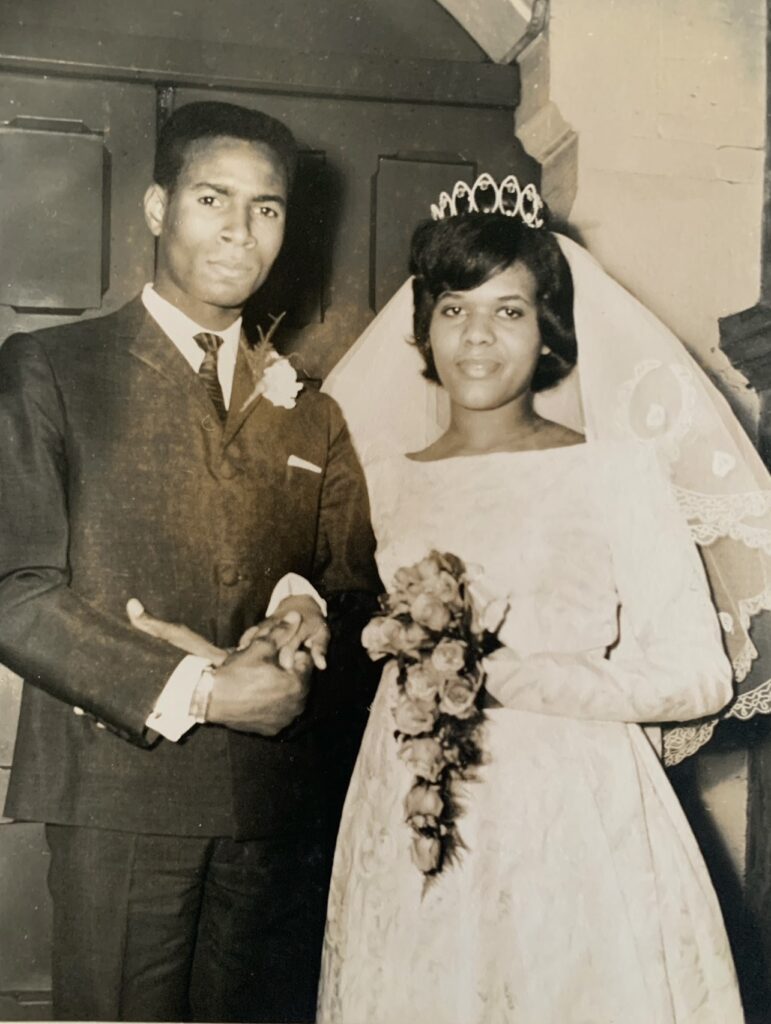
While in England, Henry met Claudette McDougal, a Jamaican immigrant, and a Neonatal Nurse. They married and later had three children and six grandchildren.
Breaking Down Barriers in Research
As a woman of color in neuroscience, Awai understands the importance of representation in research. During one of her first Target ALS meetings in 2023, she noticed a significant gap in research initiatives, particularly in African and Caribbean populations. When she voiced her concerns, she was met with encouragement, and within a year, she saw tangible efforts to expand research efforts in those regions, via Target ALS’s Global Natural History Study (GNHS) and ALS Global Research Initiative (AGRI).
Her story is proof that diversity in science leads to new perspectives and necessary advancements. “Diversity of thought and people allows for growth,” Awai says, emphasizing that science benefits when all voices are heard and included.
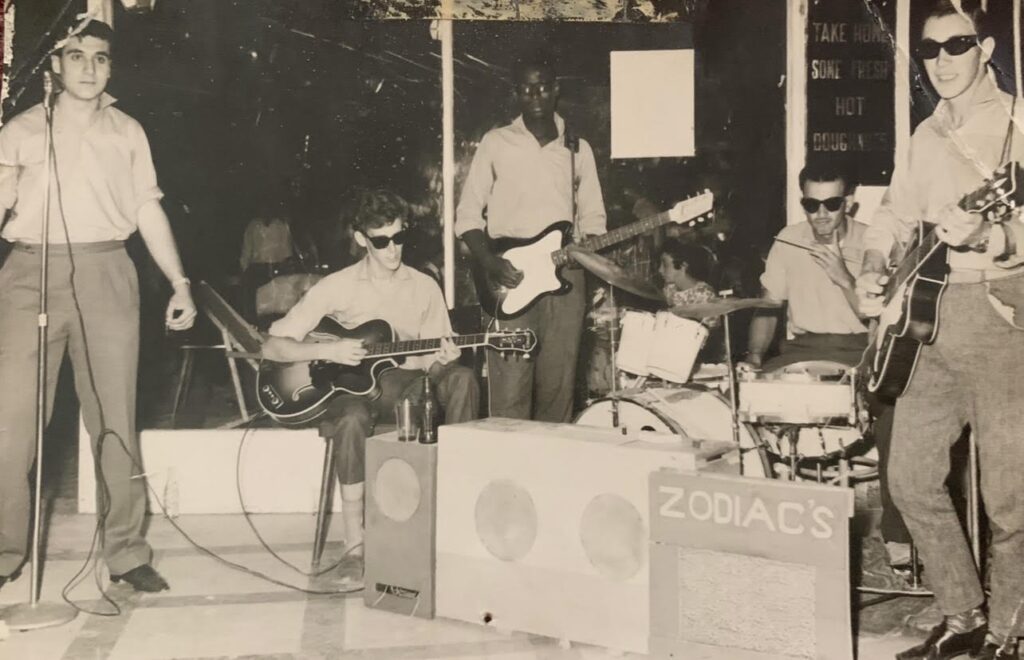
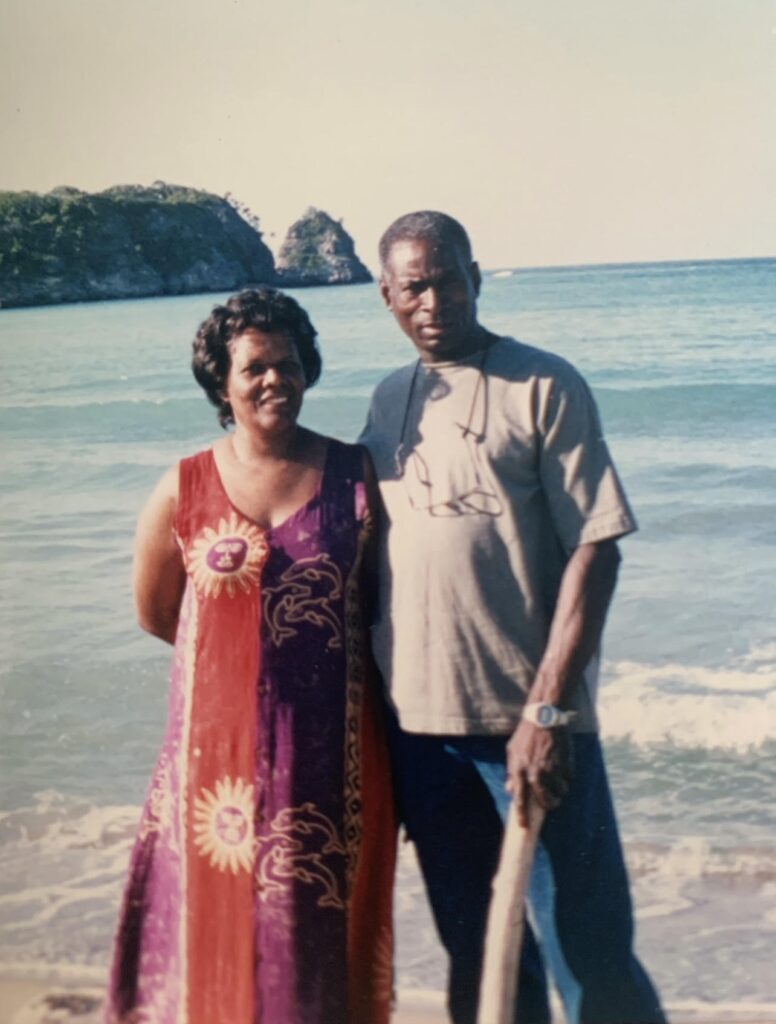
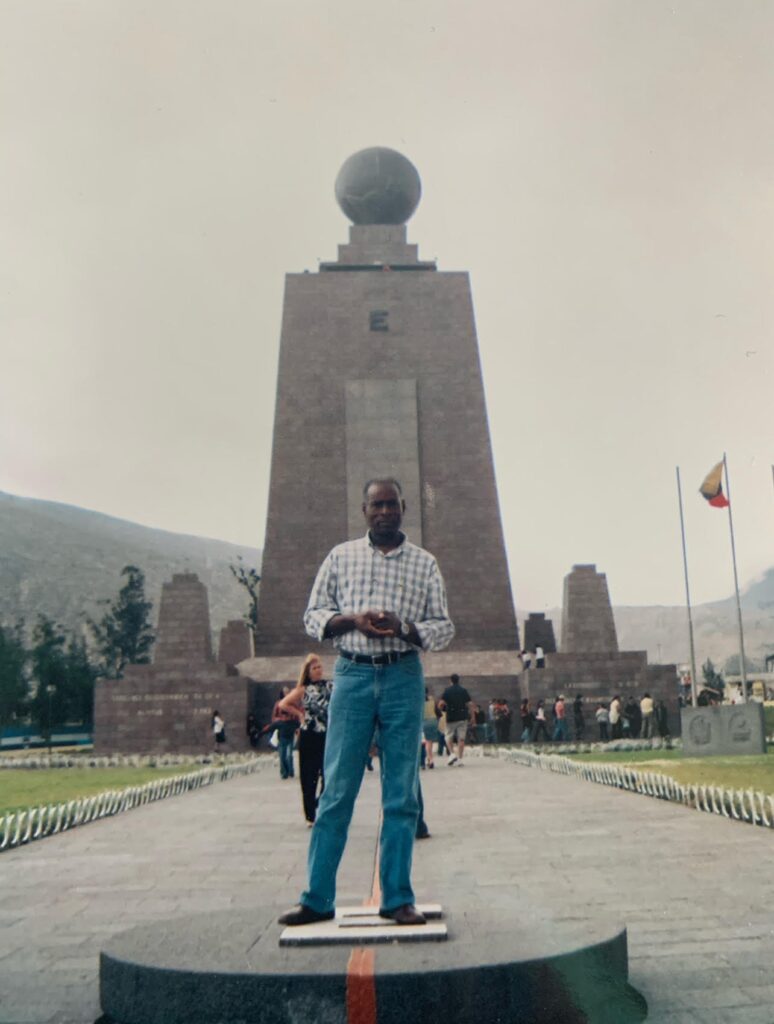

Henry’s career took him and his family across many countries, fueling his love for travel. He was also an avid musician, mastering the guitar and harmonica before picking up the bass guitar in his later years to play in church. Fishing was a lifelong passion that he never outgrew, although in his later years he wished he could cast his line more often than he actually did.
Innovating the Future of ALS Research
Awai’s current research focuses on pangenomics, a groundbreaking approach that moves beyond using a single genetic reference for analysis. Traditional genome studies rely on a singular reference genome, but this method can be limiting when studying diverse populations. Awai’s work seeks to create a rare disease pangenome that includes ALS-specific variants. This has the potential to revolutionize how researchers identify genetic differences, paving the way for personalized medicine and more effective treatments for ALS patients worldwide.
Her research is particularly crucial for sporadic ALS cases—patients without a known genetic mutation, who make up the majority of ALS diagnoses. By studying differences in gene expression between sporadic and familial ALS cases, she hopes to uncover new insights that will bring us closer to understanding the disease – a tribute to her late grandfather.
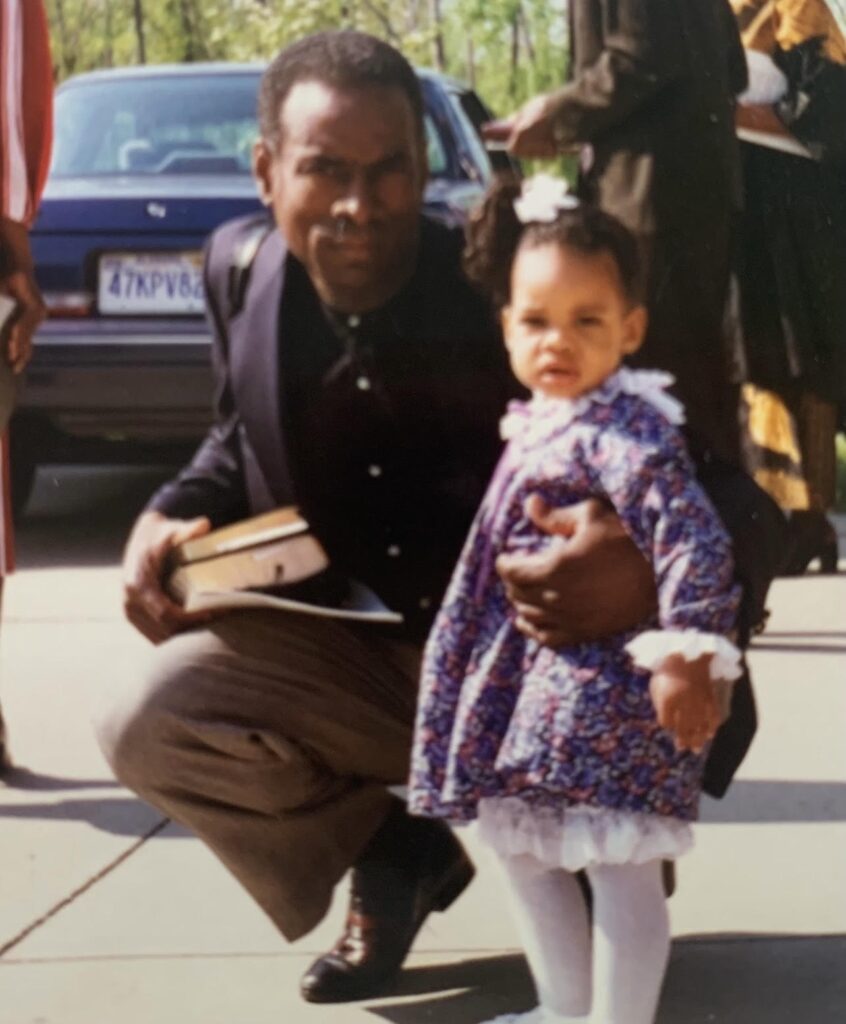
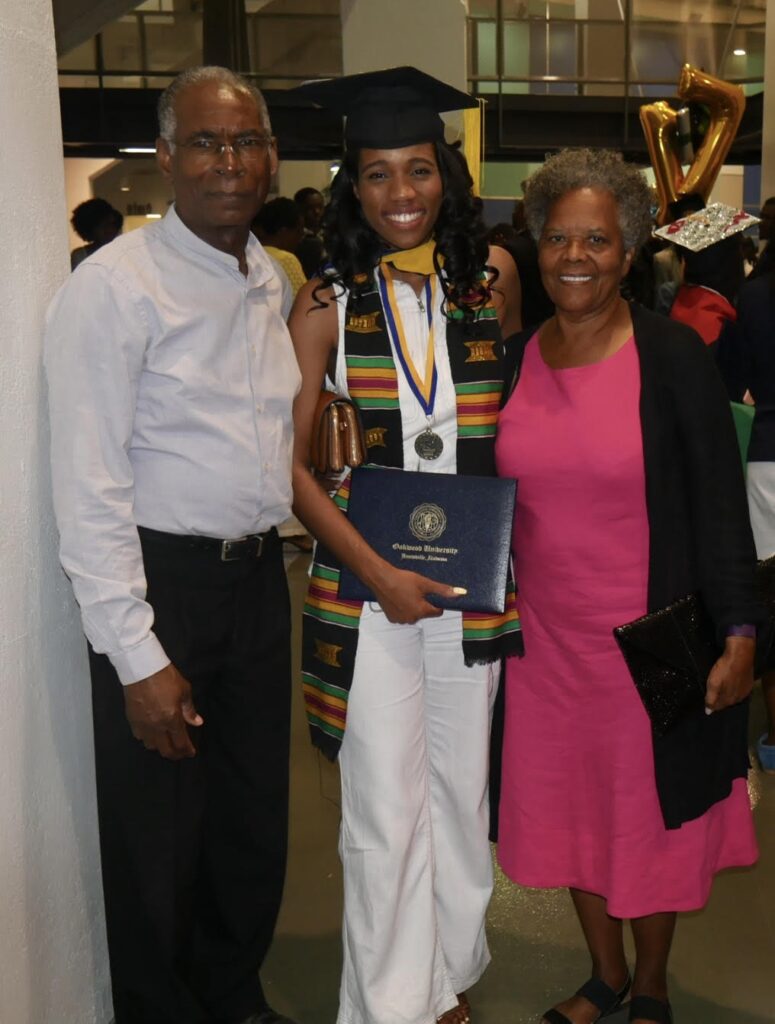
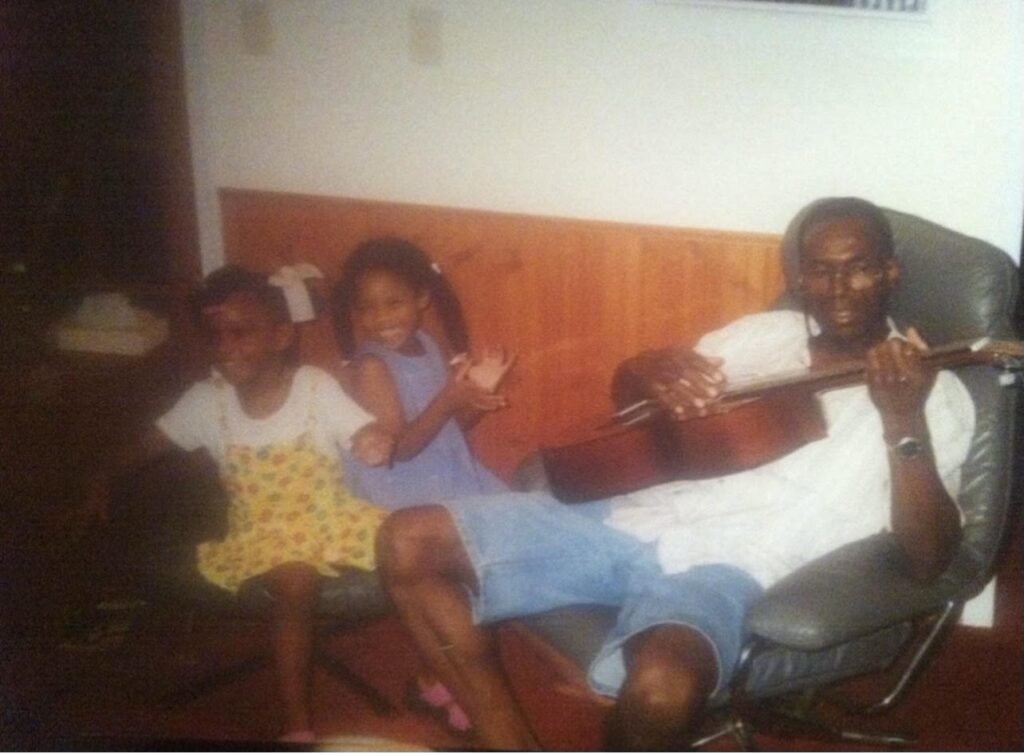
Awai describes her grandfather as a man of few words, a wealth of knowledge, a dedicated husband, a proud dad, and a loving granddad.
A Message to Future Women in Science
Awai’s journey highlights the importance of resilience, mentorship, and confidence in one’s abilities. She recalls how a mentor advised her to “show up as yourself” in professional spaces, encouraging her to embrace her unique perspective and contributions. That advice has stuck with her as she continues to navigate the complexities of academia and research.
For young women considering careers in science, Awai’s story is both an inspiration and a call to action. Science needs more voices like hers—individuals unafraid to challenge the status quo, advocate for inclusion, and push the boundaries of what’s possible.
As she nears the completion of her Ph.D., Awai’s long-term vision is to work in the biopharmaceutical industry, combining her expertise in neuroscience, bioinformatics, and project management to drive innovation in neurological research. Her journey may be seven years long, but it really is just beginning, and one thing is certain: she is leaving an indelible mark on the field of ALS research and beyond.
In celebrating women in science, we celebrate pioneers like Alexandria Awai—scientists who are not just making discoveries, but changing the world for the better.
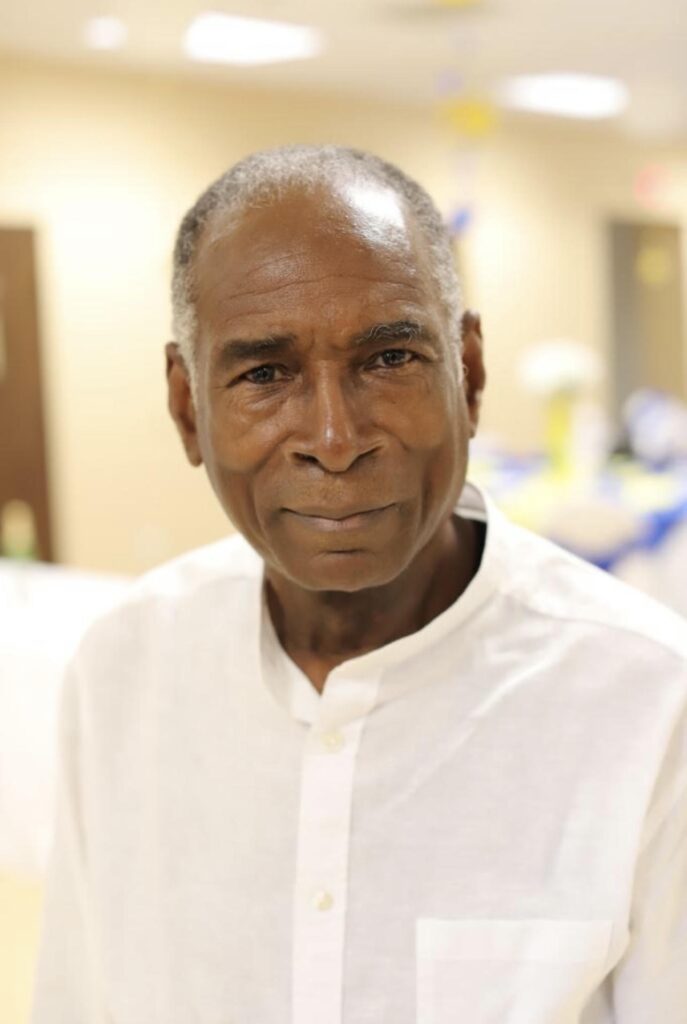
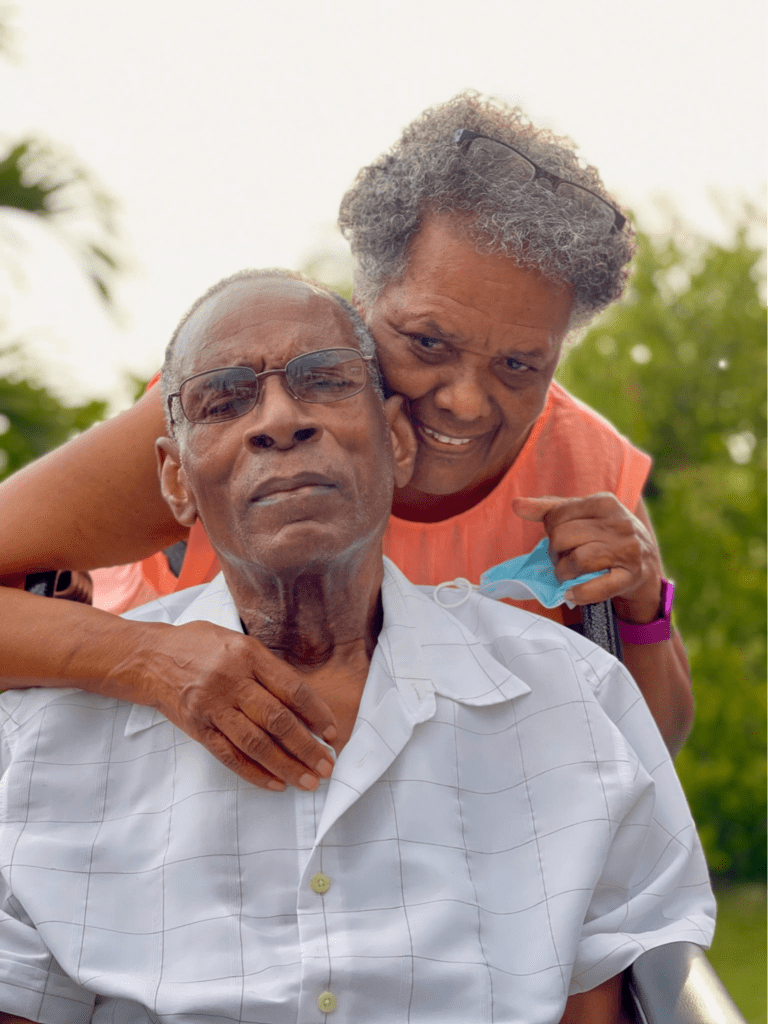
Awai’s work is dedicated to her late grandfather. The last photo was taken after his ALS diagnosis and he had become wheelchair-bound.
